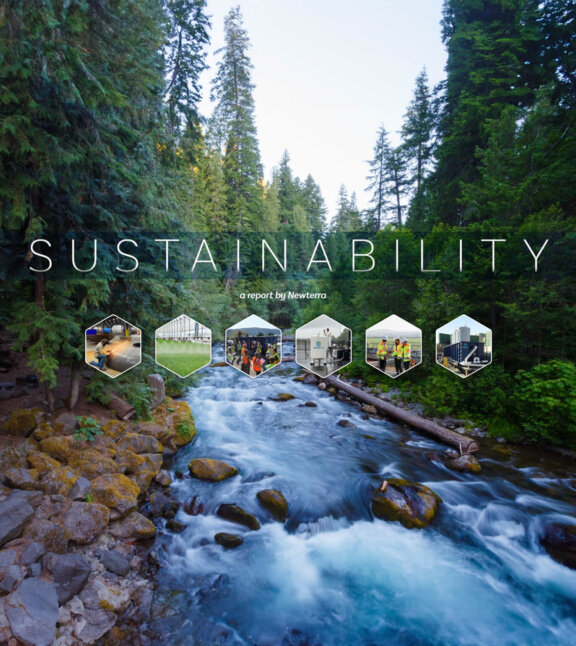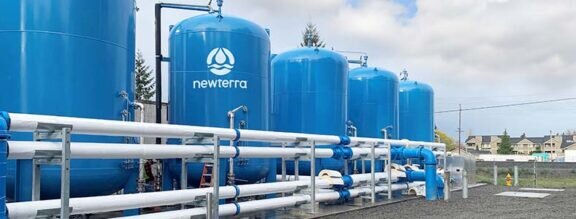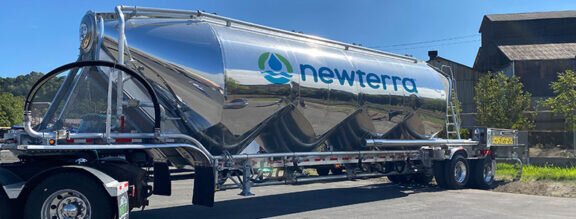Revolutionizing Rural Development
Coraopolis, PA – January 17, 2025 – As rural communities face mounting infrastructure challenges, decentralized wastewater systems are emerging as transformative solutions for developers. Limited budgets make it nearly impossible for small communities to expand existing wastewater treatment plants or build new facilities to accommodate growth and address the ongoing housing shortage. Developers must navigate the challenge of finding environmentally responsible and cost-effective alternatives that meet the unique needs of rural development.
Zoe, a building developer in Ontario, highlights the difficulties faced by many in the home development market:
“Traditional plants are just too expensive. Smaller townships like ours don’t have the funding to upgrade or expand their wastewater treatment facilities. The township lacks the capacity to support the project or even serve its current users. They’ve spent years trying to secure government funding without success, and we can’t keep waiting. People need housing now, but municipalities facing these hurdles are delaying development for everyone.”
This situation puts townships in a difficult position—they want to grow and generate revenue but lack the funds to improve their infrastructure. Developers are often left covering the costs, allocating land for wastewater plants they fund and eventually hand over to the township. While this approach accelerates development, it places additional financial pressure on builders. “In the end, though, this helps us move projects forward and get homes built more quickly,” Zoe adds.
Newterra’s Clear3 decentralized systems address these challenges by offering localized wastewater solutions that eliminate the need for costly infrastructure upgrades. Unlike traditional “bricks-and-mortar” plants, these modular systems are designed to meet the specific needs of each development, offering flexibility and scalability. They are not only more affordable upfront but also quicker to deploy, enabling developers to meet housing demands without delays.
The scalability of Clear3 systems allows them to grow alongside the community, adapting to increased demand as needed. Designed to meet stringent water quality standards, they enable developers to comply with environmental regulations without overburdening municipal infrastructure. With efficient operation and minimal maintenance requirements, these systems also provide significant long-term cost savings, making them ideal for sustainable wastewater management.
Beyond financial and logistical advantages, decentralized systems support responsible growth by reducing reliance on overburdened central plants. By treating wastewater locally, they preserve ecosystems, promote environmental resilience, and allow rural communities to grow sustainably. Developers gain the flexibility to bring new opportunities to rural areas without straining existing infrastructure, fostering both economic growth and environmental stewardship.
As rural communities across North America seek affordable infrastructure solutions, decentralized wastewater systems stand out as innovative, forward-thinking alternatives. Balancing cost, scalability, and sustainability, these systems pave the way for a new era of rural development that benefits both people and the planet.
To learn more about Clear3 decentralized wastewater solutions, click here


